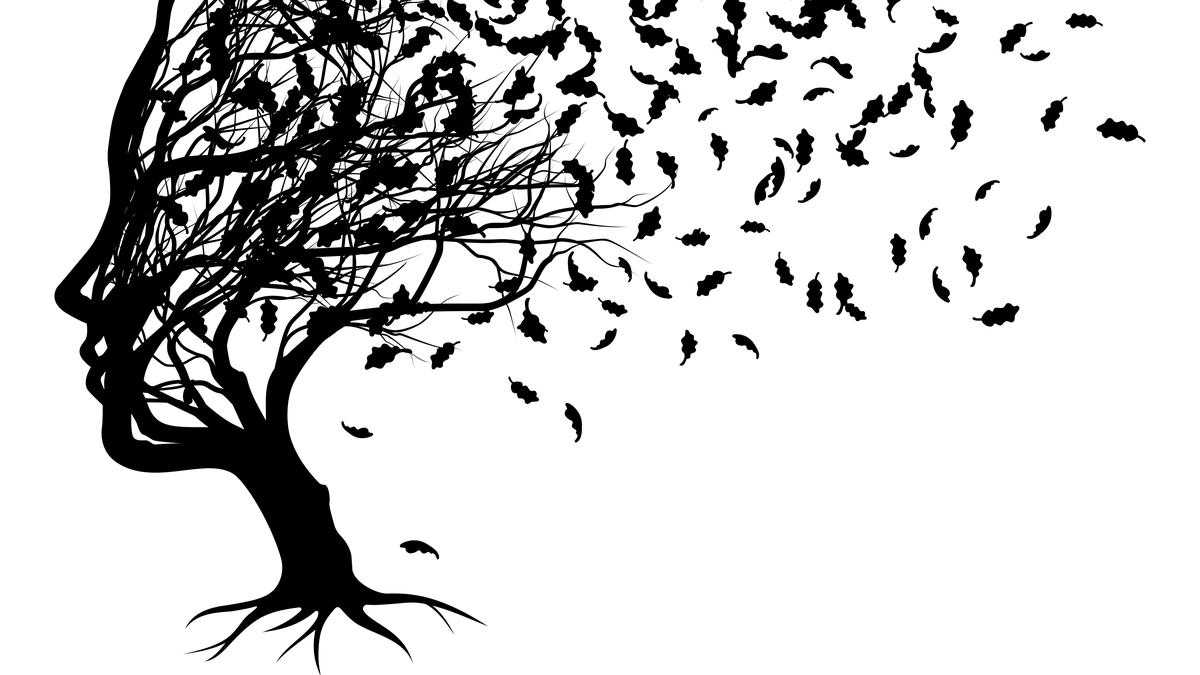A community on the margins, its hidden scars
The lived realities of sex workers must be acknowledged, with collaborative, compassionate and comprehensive interventions to promote their mental health
mental health conditions | Photo Credit: Getty Images/iStockphoto
Heeramandi, a Netflix series by Sanjay Leela Bhansali, delves into the lives of courtesans in pre-Independence India, bringing to the forefront the untold stories of sex workers. Set in Lahore’s historic red light district, it paints a vivid picture of the complex interplay between societal pressures, personal ambitions, and the pursuit of dignity and freedom. While capturing the resilience and agency of these women, who navigate the harsh realities of their profession under British colonial rule, it also subtly highlights the mental health challenges they face — which are still painfully relevant.
Globally, sex workers continue to face profound mental health challenges exacerbated by societal stigma, violence, economic pressures, and isolation. While much of the public discourse on sex work either romanticises or criminalises the profession, it often neglects the very real mental health struggles. The unique circumstances of their work makes sex workers vulnerable to complex emotional and psychological stressors. Yet, access to mental health services remains limited.
